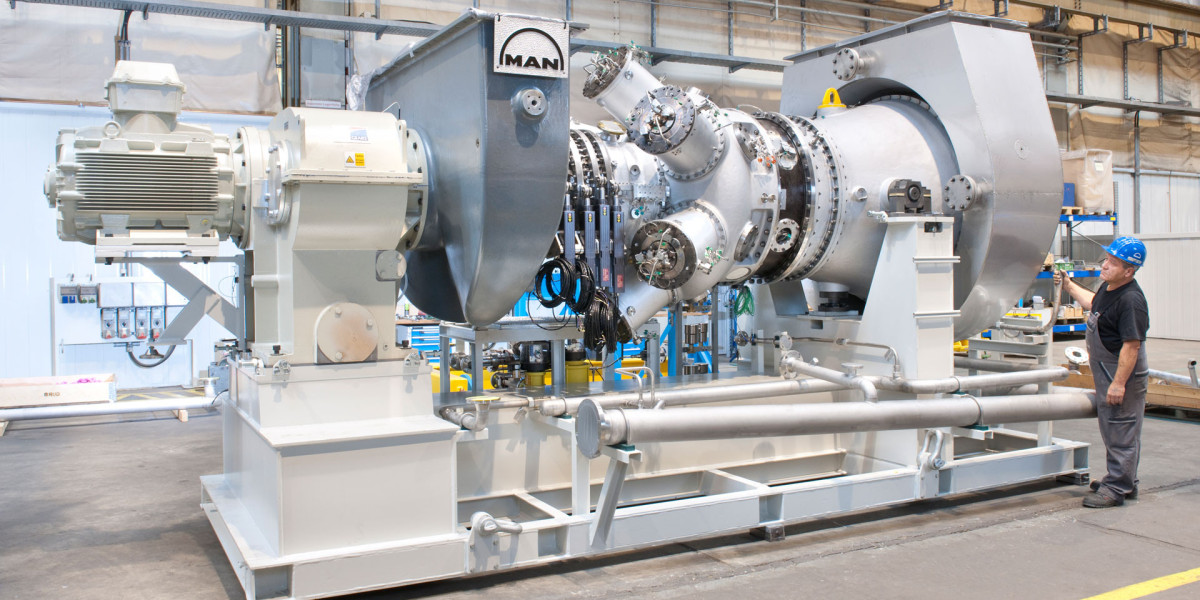Manganese, a critical industrial metal, plays a pivotal role in various applications, ranging from steel production to batteries and fertilizers. The Manganese Market is shaped by diverse factors, including demand fluctuations in key end-use industries, supply chain dynamics, and the growing shift toward sustainability and technological advancements.
Overview of the Manganese Market
Manganese is primarily known for its use in the steel industry, where it serves as an essential alloying element. The metal improves the strength, toughness, and wear resistance of steel, making it indispensable for construction, automotive, and infrastructure applications. Beyond steelmaking, manganese is gaining prominence in the burgeoning battery industry, particularly in lithium-ion and alkaline batteries.
The manganese market size was valued at USD 24.37 billion in 2023. The manganese industry is projected to grow from USD 25.59 billion in 2024 to USD 37.87 billion by 2032, exhibiting a compound annual growth rate (CAGR) of 5.02% during the forecast period (2024 - 2032)The Asia-Pacific region dominates the market, led by China and India, which are major consumers of steel and manganese alloys.
Market Drivers
Steel Industry Growth
Manganese demand is intrinsically tied to the steel industry's performance, as steel accounts for over 90% of global manganese consumption. Rapid urbanization and infrastructure development, particularly in emerging economies like India, China, and Brazil, have fueled robust growth in the steel sector. In addition, the automotive industry's expansion is driving demand for high-strength steels, further boosting manganese usage.Rise of Electric Vehicles (EVs)
The transition to clean energy and the widespread adoption of EVs have amplified the need for advanced battery technologies. Manganese is a crucial component of lithium-ion batteries, specifically in nickel-manganese-cobalt (NMC) cathodes, which are favored for their high energy density and stability. With global EV sales projected to reach over 30 million units by 2030, manganese consumption in the battery segment is poised for exponential growth.Agricultural Sector Demand
Manganese is also used in fertilizers to correct manganese-deficient soils, improving crop yields. As the global population grows, the agricultural sector's need for manganese-based fertilizers continues to rise, adding another layer of demand to the market.Technological Innovations
Advances in manganese refining and alloying processes have led to more efficient and sustainable production techniques. The development of high-purity manganese for battery applications underscores the industry’s focus on meeting the stringent requirements of the energy storage market.
Market Restraints
Despite the growth prospects, the manganese market faces several challenges:
Volatile Prices
Fluctuations in manganese ore prices, driven by geopolitical tensions and supply-demand imbalances, can affect market stability. This is particularly concerning for small and medium-sized manufacturers.Environmental Concerns
Manganese mining and processing have environmental implications, including habitat destruction, water pollution, and carbon emissions. Stricter environmental regulations in key producing countries could constrain supply, adding to production costs.Substitution Risk
In certain applications, alternative materials such as silicon or aluminum can substitute manganese, especially when prices are high. While this risk is currently limited, it remains a factor to watch.
Regional Insights
Asia-Pacific
The Asia-Pacific region is the largest consumer and producer of manganese, with China leading the market due to its vast steel manufacturing base. India is also a significant player, driven by its ambitious infrastructure projects and growing automotive industry.North America
The North American manganese market benefits from the rapid adoption of EVs and investments in battery production facilities. The United States has been exploring domestic manganese resources to reduce reliance on imports, aligning with broader energy security goals.Europe
Europe's manganese demand is heavily influenced by its green energy policies and the rise of EV adoption. Countries like Germany, France, and the Netherlands are investing in battery recycling and advanced manganese processing technologies to secure their supply chains.Africa
Africa is a leading manganese ore producer, with South Africa, Gabon, and Ghana being key contributors. The region plays a vital role in meeting global demand but faces challenges related to infrastructure and political instability.
Future Opportunities
The manganese market is brimming with opportunities:
High-Purity Manganese Production
The demand for high-purity manganese suitable for battery-grade applications is expected to surge. Companies investing in advanced refining technologies stand to gain a competitive edge.Recycling Initiatives
Recycling manganese from used batteries and scrap steel could help address supply shortages and align with global sustainability goals. This trend is likely to gain traction as governments and industries prioritize circular economies.Strategic Partnerships
Collaboration between manganese producers, steel manufacturers, and battery makers can streamline supply chains and foster innovation in product development.
MRFR recognizes the following Manganese Companies - Transalloy India Pvt Ltd (India),Mesa Minerals Limited (Australia),Autlán (Mexico),Eramet (France),MOIL Limited (India),Ferro Alloys Corporation Limited (FACOR) (India),OM Holdings Ltd (Singapore),Sakura Ferroalloys (Malaysia),Nippon Denko Co. Ltd (Japan),Mizushima Ferroalloy Co. Ltd (Japan),Metals and Alloys Corporation (India),Accura Weldrods Kovai Pvt Ltd (India),African Rainbow Minerals Ltd (South Africa),Afarak Group Plc (Finland),Transalloys (South Africa), among others
The manganese market is at a dynamic crossroads, driven by its indispensable role in traditional industries like steelmaking and emerging sectors such as energy storage. While challenges such as price volatility and environmental concerns persist, technological advancements and the global push for sustainability are creating new avenues for growth.
Stakeholders in the manganese industry must navigate these complexities by adopting innovative approaches, diversifying applications, and strengthening supply chain resilience. As the world transitions toward a greener future, manganese’s significance as a versatile and strategic material is set to rise, reinforcing its pivotal role in shaping modern industries.
Related Reports
Sodium Bicarbonate Market - https://www.marketresearchfuture.com/reports/sodium-bicarbonate-market-2632
Bioceramics Market - https://www.marketresearchfuture.com/reports/bioceramics-market-6666
Magnesium Chloride Market - https://www.marketresearchfuture.com/reports/magnesium-chloride-market-8101
Elevators Market - https://www.marketresearchfuture.com/reports/elevators-market-1546
Manhole Covers Market - https://www.marketresearchfuture.com/reports/manhole-covers-market-1372















